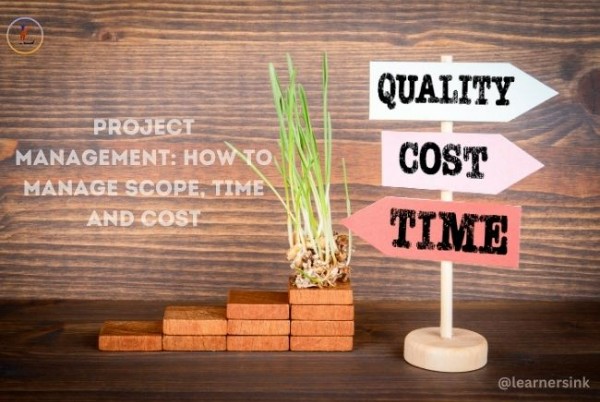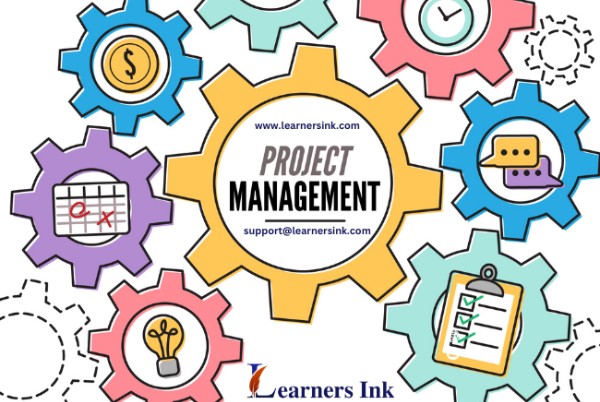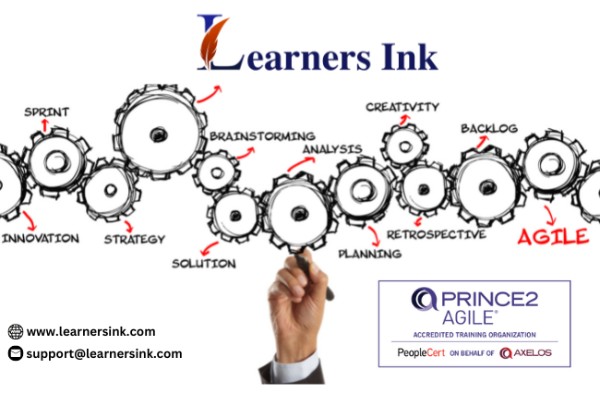Overcoming Common Project Management Challenges

Overcoming Common Project Management Challenges
Introduction:
Project management is a critical process that ensures successful project outcomes. However, like any other business process, it is not immune to challenges. In this blog post, we will discuss some of the most common project management challenges and strategies to overcome them.
I. Lack of Clear Goals and Objectives:
The lack of clear goals and objectives is a common challenge in project management. It can cause confusion and misunderstandings among project stakeholders, leading to project delays or failure. To overcome this challenge, project managers must define clear and measurable goals and objectives. This can be achieved by using SMART (Specific, Measurable, Achievable, Relevant, and Time-bound) criteria when defining project goals.
II. Inadequate Planning and Risk Management:
Inadequate planning and risk management is other common project management challenge. Without a comprehensive project plan and risk management strategy, projects are likely to fail. To overcome this challenge, project managers must create a detailed project plan that outlines project timelines, milestones, and deliverables. Additionally, they must identify and manage project risks by using risk management techniques such as risk identification, analysis, and mitigation.
III. Communication Issues:
Communication breakdowns can cause project delays or failures. Poor communication among project stakeholders can lead to misunderstandings, missed deadlines, and misaligned expectations. To overcome this challenge, project managers must promote effective communication among team members and stakeholders. This can be achieved by using communication tools, scheduling regular meetings, and ensuring that all stakeholders are informed of project progress.
IV. Scope Creep and Change Management:
Scope creep refers to uncontrolled changes or additions to project scope. It can cause project delays, budget overruns, and eventually, project failure. To overcome this challenge, project managers must manage scope changes effectively by defining and documenting a clear scope baseline and using change management techniques such as change requests, impact analysis, and stakeholder engagement.
V. Resource Allocation and Management:
Resource allocation issues can cause project delays or failures. Poor resource allocation can lead to underutilized resources or resource conflicts, resulting in missed deadlines and project failure. To overcome this challenge, project managers must allocate resources effectively by identifying project requirements and aligning them with the available resources. Additionally, they must manage resources effectively by scheduling and monitoring resource usage.
VI. Team Management and Collaboration:
Effective team management and collaboration are essential for project success. Poor team management can lead to low morale, conflicts, and eventually, project failure. To overcome this challenge, project managers must build a strong project team by selecting team members with the right skills and experience. Additionally, they must promote collaboration among team members by fostering a culture of trust, respect, and open communication.
Conclusion:
Project management is a complex process that involves multiple stakeholders, processes, and variables. To ensure successful project outcomes, project managers must be aware of common project management challenges and strategies to overcome them. By defining clear project goals, creating a comprehensive project plan, managing project risks, promoting effective communication, managing scope changes, allocating resources effectively, and building a strong project team, project managers can overcome the most common project management challenges and deliver successful project outcomes.
Top 5 tips for overcoming common Project Management challenges
Define Clear Goals and Objectives: Defining clear project goals and objectives is essential to overcoming the challenge of unclear project direction. Use the SMART criteria (Specific, Measurable, Achievable, Relevant, and Time-bound) to define goals and objectives that are clear, specific, and measurable. Create a Comprehensive Project Plan: Creating a comprehensive project plan is essential to overcoming the challenge of inadequate planning and risk management. Develop a detailed project plan that outlines project timelines, milestones, and deliverables, and identify and manage project risks by using risk management techniques such as risk identification, analysis, and mitigation. Promote Effective Communication: Effective communication is critical to overcoming the challenge of communication breakdowns. Use communication tools, schedule regular meetings, and ensure that all stakeholders are informed of project progress. Encourage open communication among team members and stakeholders to minimize misunderstandings and misaligned expectations. Manage Scope Changes Effectively: Managing scope changes effectively is essential to overcoming the challenge of scope creep. Define and document a clear scope baseline and use change management techniques such as change requests, impact analysis, and stakeholder engagement to manage scope changes and prevent scope creep. Build a Strong Project Team: Building a strong project team is essential to overcoming the challenge of team management and collaboration. Select team members with the right skills and experience, promote collaboration among team members and foster a culture of trust, respect, and open communication. Encourage team members to take ownership of their work and provide them with the resources and support they need to succeed.
Learners Ink 2019 - | All Rights Reserved



























































.jpg)

